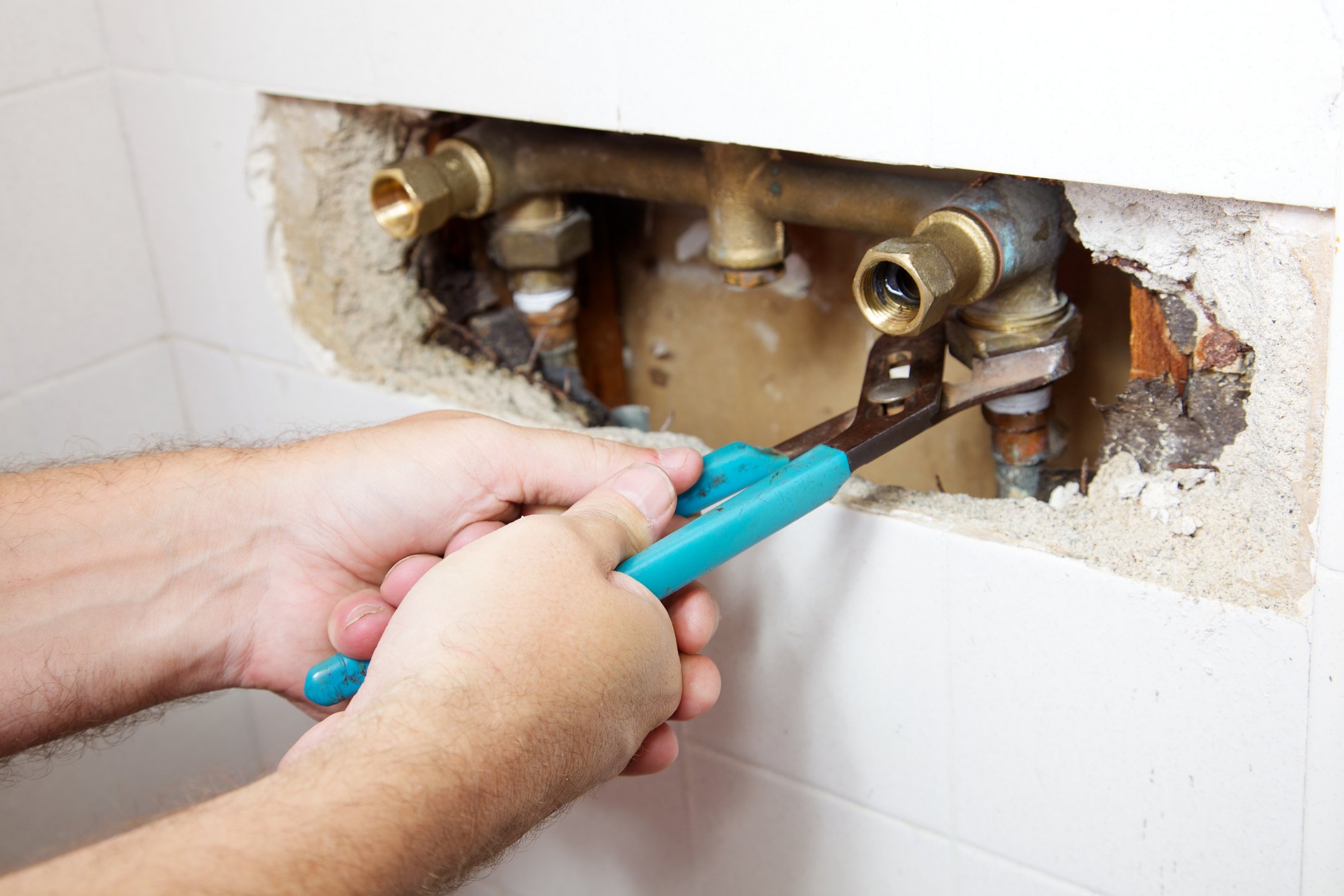The Basics of Bathroom Plumbing: Essential Advice for New Homeowners
The Basics of Bathroom Plumbing: Essential Advice for New Homeowners
Blog Article
Here below you can get additional amazing additional info regarding Essential DIY Bathroom Plumbing Tips Every Homeowner.

For new property owners, understanding and preserving bathroom pipes can conserve both money and time by protecting against expensive issues down the line. Right here are some important restroom pipes pointers to aid you keep everything running efficiently.
Familiarize Yourself with the Main Shut-Off Valve
Recognizing where the main water shut-off shutoff is located in your home is essential. This permits you to promptly shut off the water in case of major leakages or during pipes emergency situations, protecting against considerable water damage.
On A Regular Basis Check for Leaks
Tiny leakages can bring about large problems. Regularly inspect under sinks, around bathrooms, and near pipes components for any type of indications of leaks. Try to find dampness, small drips, or corrosion. Capturing and repairing leaks early can prevent more serious damage and conserve water.
Don't Ignore Slow Drains Pipes
If your sink or bathtub is draining pipes gradually, it's typically an indicator of a clog developing. Resolving this very early can prevent a full obstruction. Utilize a plunger or a plumbing technician's snake to clean out particles. Prevent utilizing chemical drain cleaners as they can harm your pipes in time.
Know What Not to Flush
Toilets are not garbage disposals. Stay clear of flushing anything besides toilet tissue and human waste. Products like wipes, feminine health products, and cotton swabs need to be disposed of in the garbage to prevent blockages and sewer backups.
Mount Strainers in Drains
Place filters in your sink and bath tub drains to capture hair and other particles prior to they enter your plumbing system. Cleaning up the filters routinely will assist protect against buildup and keep water streaming easily.
Maintain Your Water Heater
Ensure your water heater is set to a proper temperature level (usually about 120 degrees Fahrenheit) to prevent hot and lower power usage. Flush the tank annually to get rid of sediment build-up, which can decrease the effectiveness and life-span of your heating system.
Update Your Fixtures
If your home has older components, consider upgrading to more efficient versions. Modern commodes, showerheads, and faucets are designed to make use of much less water while supplying good pressure, which can considerably lower your water bill and ecological impact.
Be Cautious with DIY Pipes Repair Works
While it's alluring to deal with all home fixings on your own, be cautious with pipes. Some problems might need expert competence, particularly if they include major water lines or drain repair services. Hiring an expert can sometimes be extra cost-effective than do it yourself, particularly if it avoids further damage.
Prepare for Winter
Safeguard your pipelines from freezing during winter by insulating pipes in unheated locations like cellars, attics, and garages. During extreme cold, allow cold water drip from taps offered by subjected pipelines to help stop cold.
Arrange Normal Upkeep
Take into consideration scheduling annual examinations with a certified plumber. They can find issues that you may miss, such as concealed leakages or wear and tear on pipelines and fixtures. Regular upkeep aids prolong the life of your plumbing system and can stop emergencies.
Final thought
Understanding and preserving your home's bathroom plumbing can stop several common problems. By following these crucial suggestions, you can guarantee your bathroom stays useful and effective, conserving you time and money over time.
Essential Plumbing Tips for Homeowners: Keep Your Pipes Flowing Smoothly
As a homeowner, understanding the basics of your plumbing system can save you time, money, and a lot of headaches. Plumbing issues can range from minor annoyances like dripping faucets to major problems like burst pipes that cause significant damage. This guide provides essential tips to help you maintain your plumbing system and tackle common issues.
Understanding Your Plumbing System
Supply System: Brings fresh water into your home from a municipal source or a well. Drain-Waste-Vent System: Removes wastewater and vents sewer gases outside. Fixtures and Appliances: Includes sinks, toilets, showers, dishwashers, and washing machines. Basic Maintenance Tips
Regular Inspections: Periodically check for leaks, corrosion, and other signs of wear and tear. Look under sinks, around toilets, and near water heaters. Know Your Main Shut-Off Valve: In case of a major leak, you’ll need to shut off the water quickly. Ensure everyone in your household knows where the main shut-off valve is located. Prevent Frozen Pipes: In cold climates, insulate exposed pipes and let faucets drip during extreme cold to prevent freezing. Use Strainers: Install strainers in sinks and tubs to catch hair, food particles, and other debris that can cause clogs. Common Plumbing Issues and Solutions
Clogged Drains:
Prevention: Avoid pouring grease down the drain and use drain screens to catch debris. DIY Fix: Use a plunger or a plumbing snake to clear minor clogs. For stubborn clogs, a mixture of baking soda and vinegar can sometimes help. Leaky Faucets:
Prevention: Replace washers and seals regularly. DIY Fix: Turn off the water supply, disassemble the faucet, and replace worn parts.

Call Today Report this page